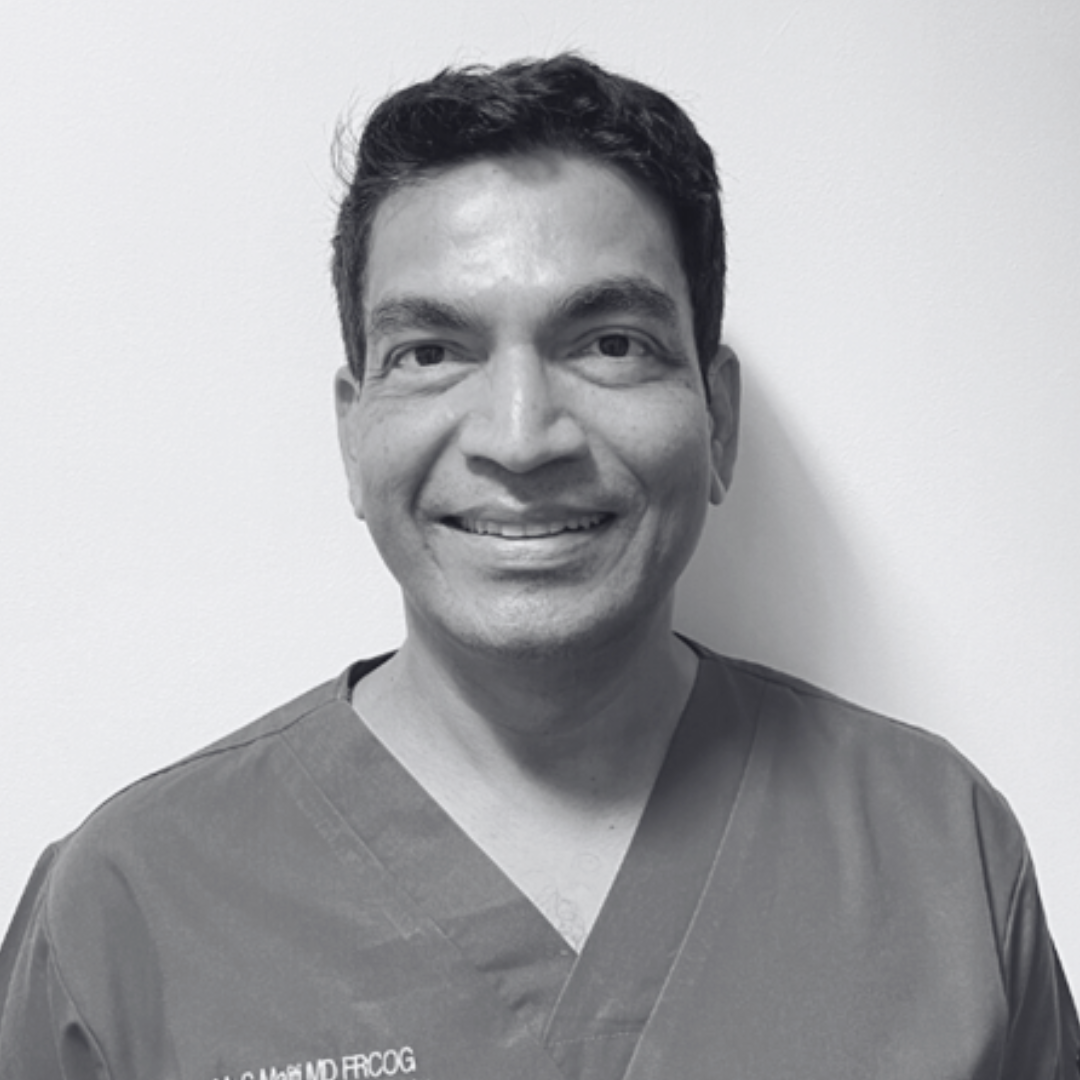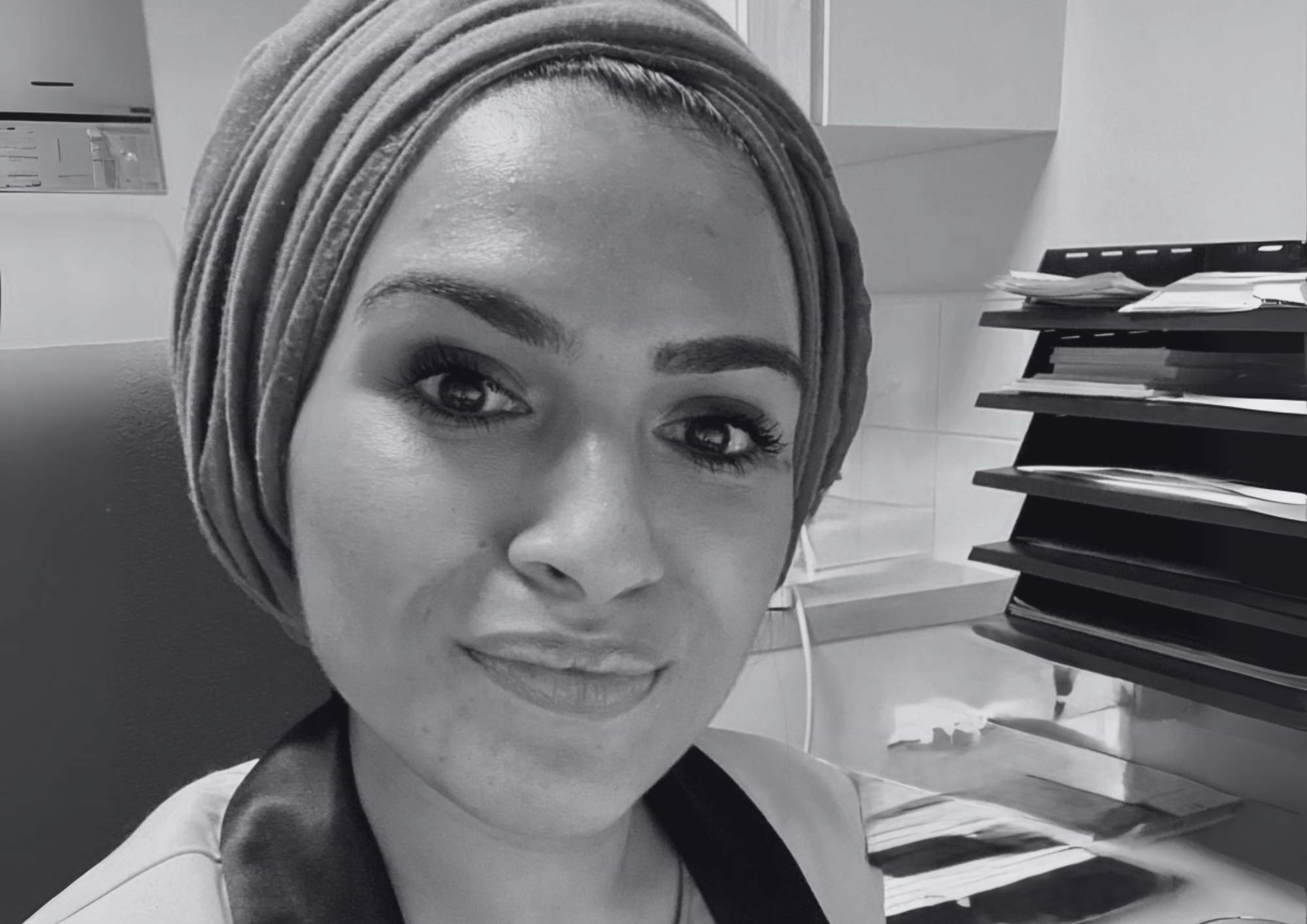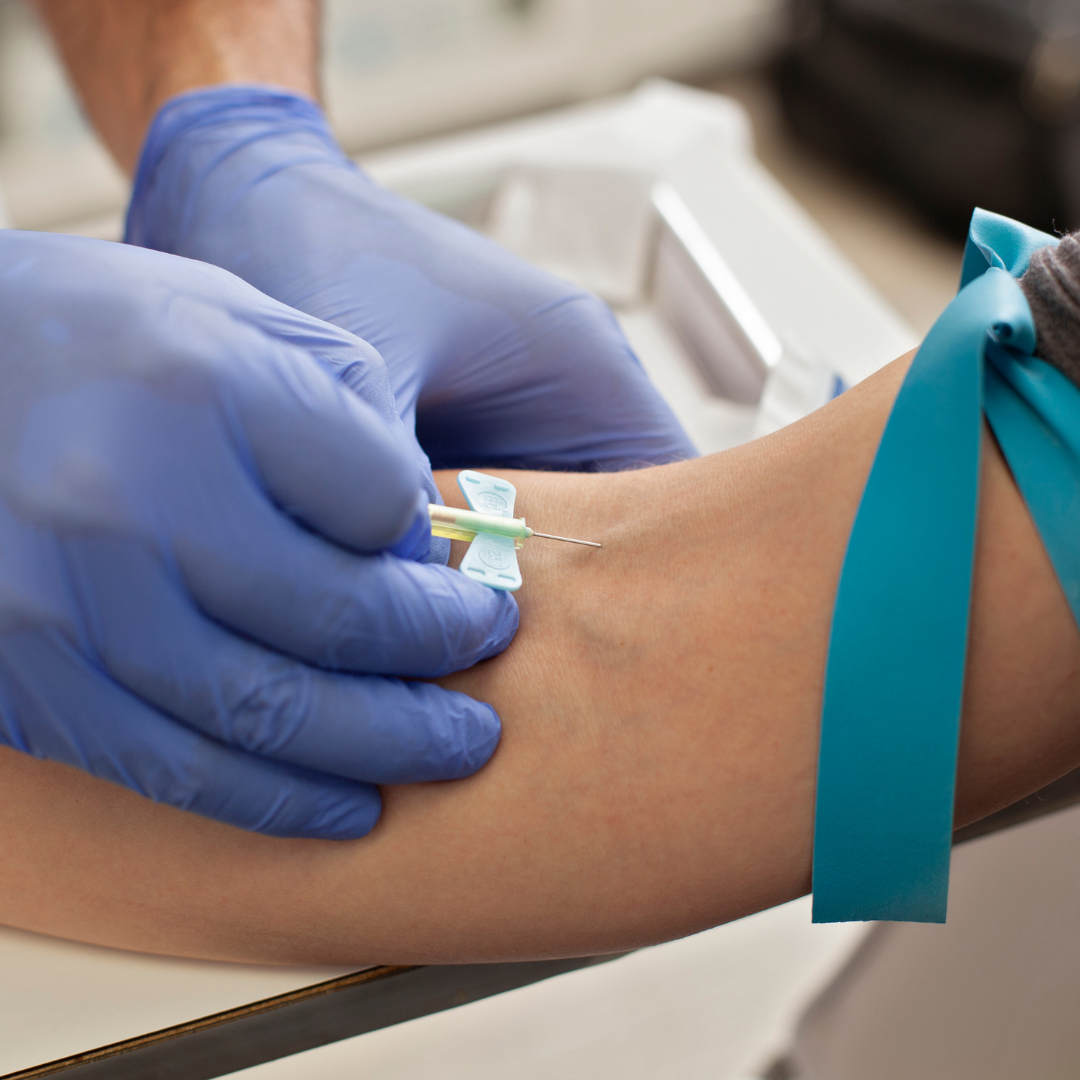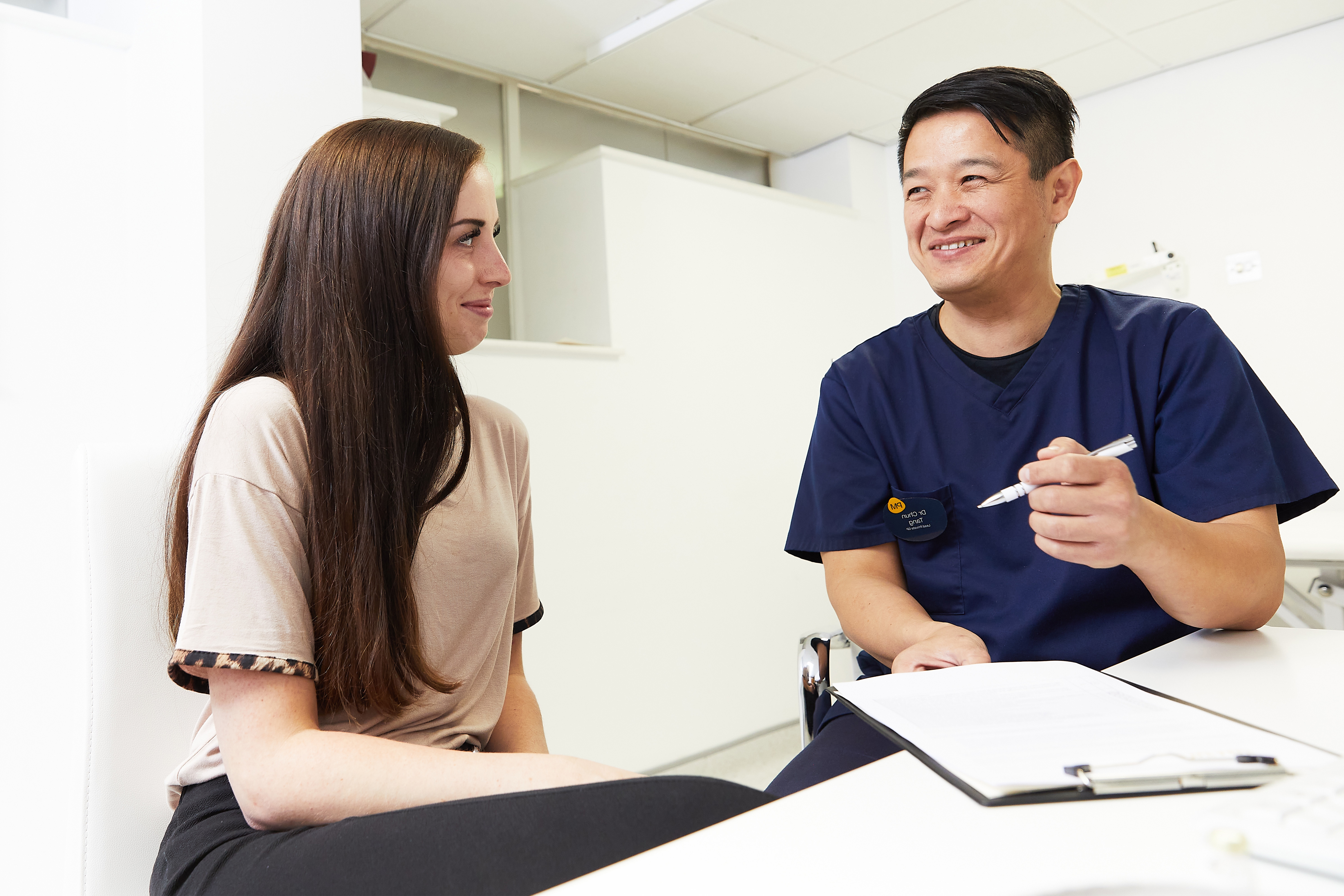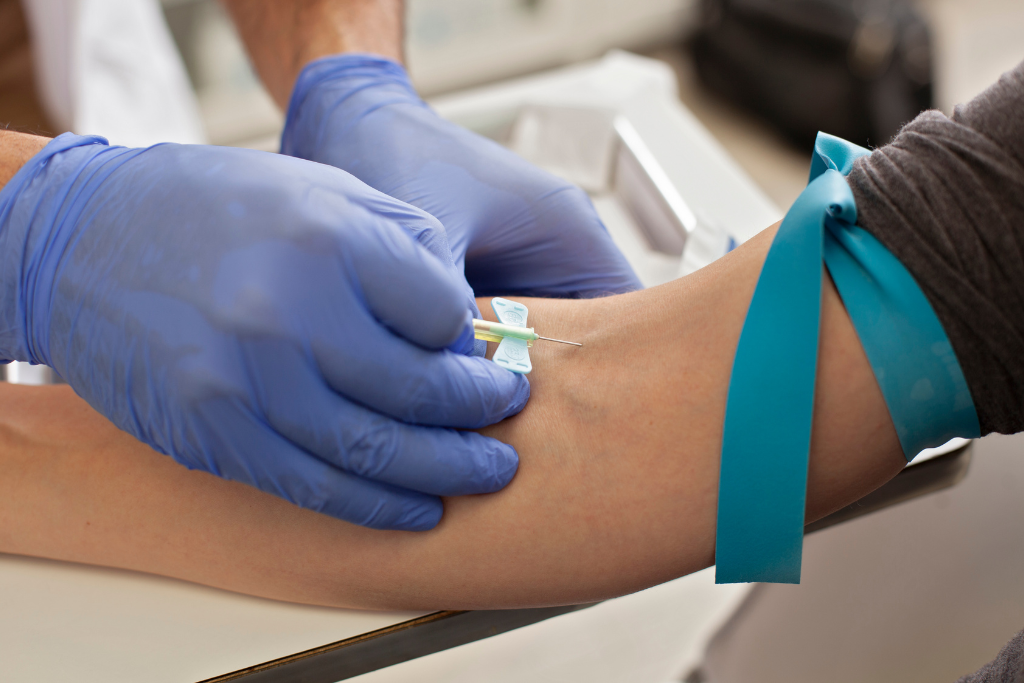Fertility struggles to joy : Hear Rebecca's story
After facing setbacks on their fertility journey, Rebecca and her husband found renewed hope with Consultant Mr. Maiti at Pall Mall Medical. "I was extremely anxious but Mr. Maiti instantly put me at ease," Rebecca shared. With his guidance, they successfully conceived in April 2023, welcoming a healthy baby boy, Luca, in December of the same year. Rebecca highly recommends Mr. Maiti and Pall Mall to anyone facing similar challenges, stating, "We will be forever grateful to Mr. Maiti... we couldn’t be happier with the service we received.”






